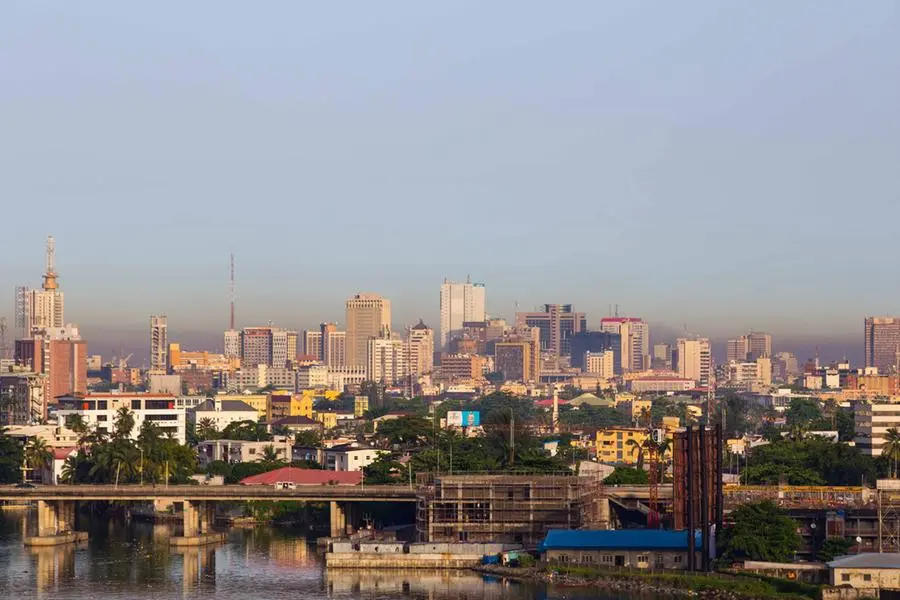PHOTO
Nigeria's Senate has confirmed former chairman of Citibank Nigeria Olayemi Cardoso as Governor of the central bank who promised to restore confidence in the country's weakening currency.
Nigeria's central bank has been in the spotlight since President Bola Tinubu suspended former governor Godwin Emefiele - who subsequently resigned - and appointed a financial watchdog to investigate the bank's operations.
Cardoso told the Senate after his confirmation on Tuesday that he would restore confidence, transparency and accountability at the bank, as well as in the naira, whch has weakened sharply against the dollar after Tinubu's decision to remove foreign exchange controls.
The currency was trading at 1,000 naira per dollar in the black market on Tuesday, its worst performance on record.
"You're concerned about the value of the naira and I want to explain that it's all about confidence," Cardoso said in a televised broadcast of the hearing.
"And once we can build up confidence back due to good governance, culture of compliance... we are headed in the right direction," he said as he took up the reins at the bank for the next five years.
Cardoso is well-known to the president, having worked before as a top member of Tinubu’s inner circle during his tenure as the governor of Lagos state, where the country's biggest city is located.
The new governor’s first priority could be chairing the Monetary Public Committee meeting on interest rates that was postponed last week, at a time when the bank's leadership was uncertain.
Also top on his agenda would be taking action to clear the bank's backlog of unsettled foreign exchange obligations estimated to be in the billions of dollars.
The dollar shortage in Africa’s biggest economy is hurting international investor confidence and has also undermined the central bank's decision to float the currency and unify the official and black-market rates under Tinubu’s directives since he was inaugurated in May.
The official and market rates only aligned briefly as the central bank's failure to meet dollar demand has forced buyers to turn to the black market, sending the naira tumbling.
(Editing by Seban Scaria; seban.scaria@lseg.com)



















